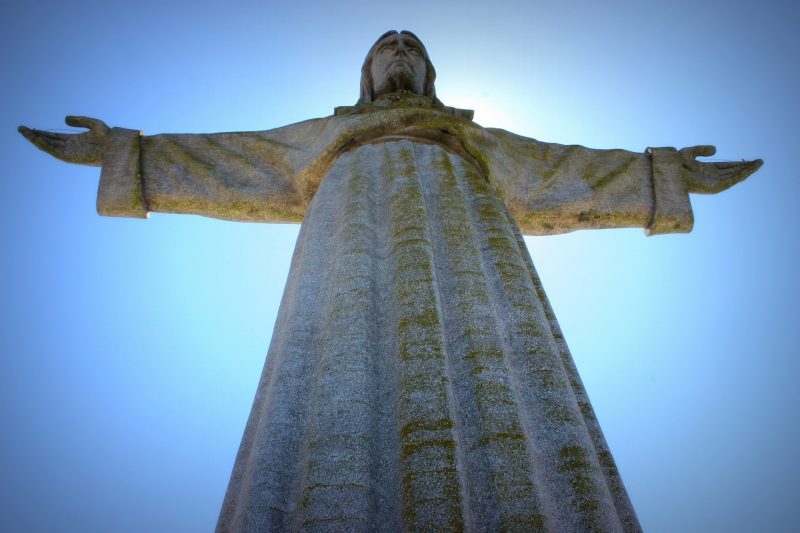
Micah 5:2, 4-5a
But you, O Bethlehem Ephrathah, who are too little to be among the clans of Judah, from you shall come forth for me one who is to be ruler in Israel, whose coming forth is from of old, from ancient days. And he shall stand and shepherd his flock in the strength of the Lord, in the majesty of the name of the Lord his God. And they shall dwell secure, for now he shall be great to the ends of the earth. And he shall be their peace.
In our culture today it is expected that the one with the authority or seniority in a group will be the one standing when others are sitting. Even in our church cultures, the preacher will most likely stand up when he begins to preach. But in the vernacular of first-century Judaism, the equivalent of a pastor standing up in a pulpit was a rabbi sitting down. The rabbis always taught from a seated position. Matthew 5:1 tells how Jesus sat down to teach the sermon on the mount and immediately His disciples came to Him. They recognised the signal; the teacher was ready and class was about to start.
In the same way Pilate, who represented the governing authority of Roman rule in that day, “sat down on the judgement seat” to deliver his verdict, whilst Jesus, the prisoner, stood (John 19:13).
Sitting was the position of a judge, a ruler or a teacher.
Standing on the other hand was the position an accused prisoner took, or an alert slave, ready to provide service.
So, when God’s people heard Micah prophesying of a long-awaited, majestic ruler, coming to make peace for Israel, Who would “stand and shepherd his flock,” it would have jarred against their expectations. But intentionally, through the use of this one small word, God was communicating Gospel truth that His glorious kingdom would break in through a Messiah Who would not make peace through violence or oppression, but by coming as a suffering servant and eventually be condemned to death as a law-breaker. God’s ruler would identify with our standing as slaves under the oppressive rule of sin, evil, death, and as law-breakers and trespassers before God Himself.
In the fullness of time, Jesus announced, “I am the Good Shepherd. The Good Shepherd lays down His life for the sheep. No one takes it from me, but I lay it down of my own accord. I have authority to lay it down and I have authority to take it back up again. This charge I have received from my Father.” John 10:11, 18.
For those of us united to Christ, this Good Shepherd, this ruler Who stands, what is our appropriate worship response when we suffer and are hated because of our association with Him (see 1 Peter 2:20-21; Mark 13:13)? What is our response, if by owning allegiance to the Gospel, we face the charge of hate crime by speaking about sin, or the biblical definition of marriage or gender? The saying holds true; as goes the King, so goes the people! We are called to stand with Christ, not adopting the power dynamics of the world rulers of violence, aggression or oppression. We are called to stand with our Shepherd-King, to identify with and serve the lost, weary and broken humans under these oppressive regimes, as He did it – in the strength of the Lord. In faith we trust that ruling as a servant means evil will ultimately be overcome with good (Romans 12:21) and that in our suffering with Christ, we receive what our hearts are really longing for; not freedom from suffering but deeper soul-satisfying communion with Christ Himself!
Dear Father God, through the power of Christ in us, cause our manner of life to be worthy of His Gospel, so that we will be found standing firm in one Spirit, with one mind, striving side by side for the faith of the Gospel, when we are called to suffer for His sake (Philippians 1:27, 29). Amen.